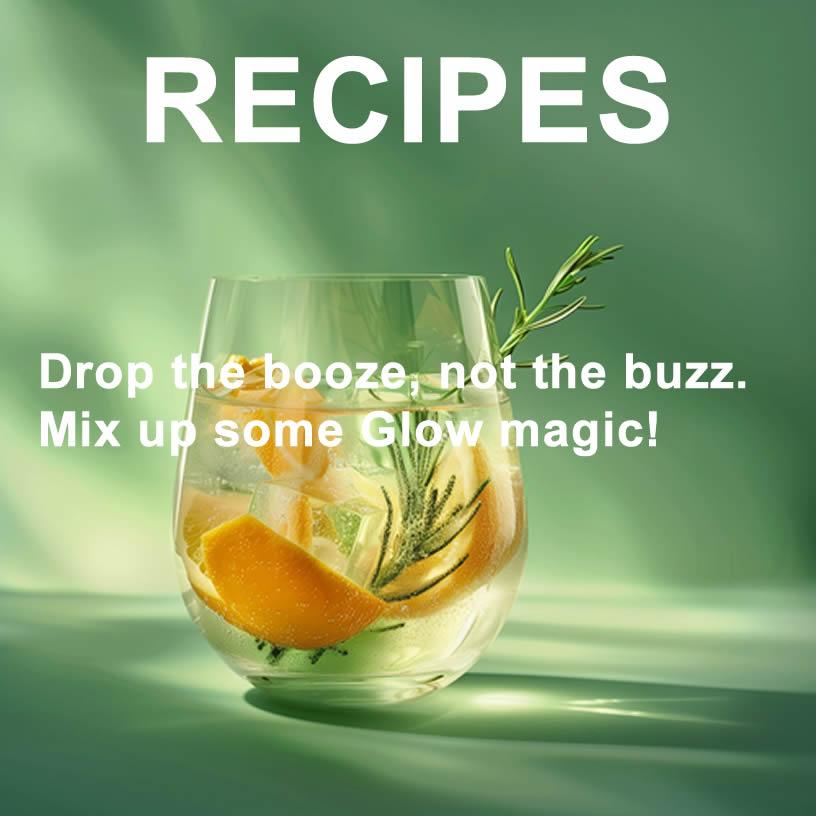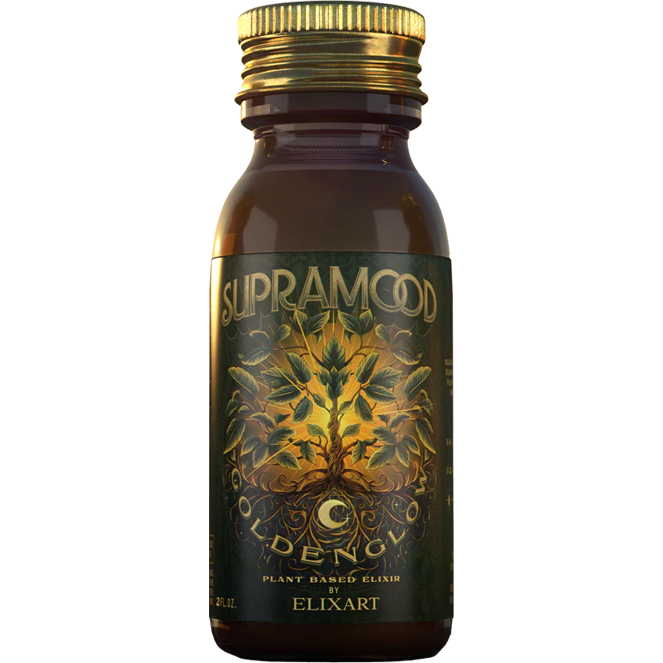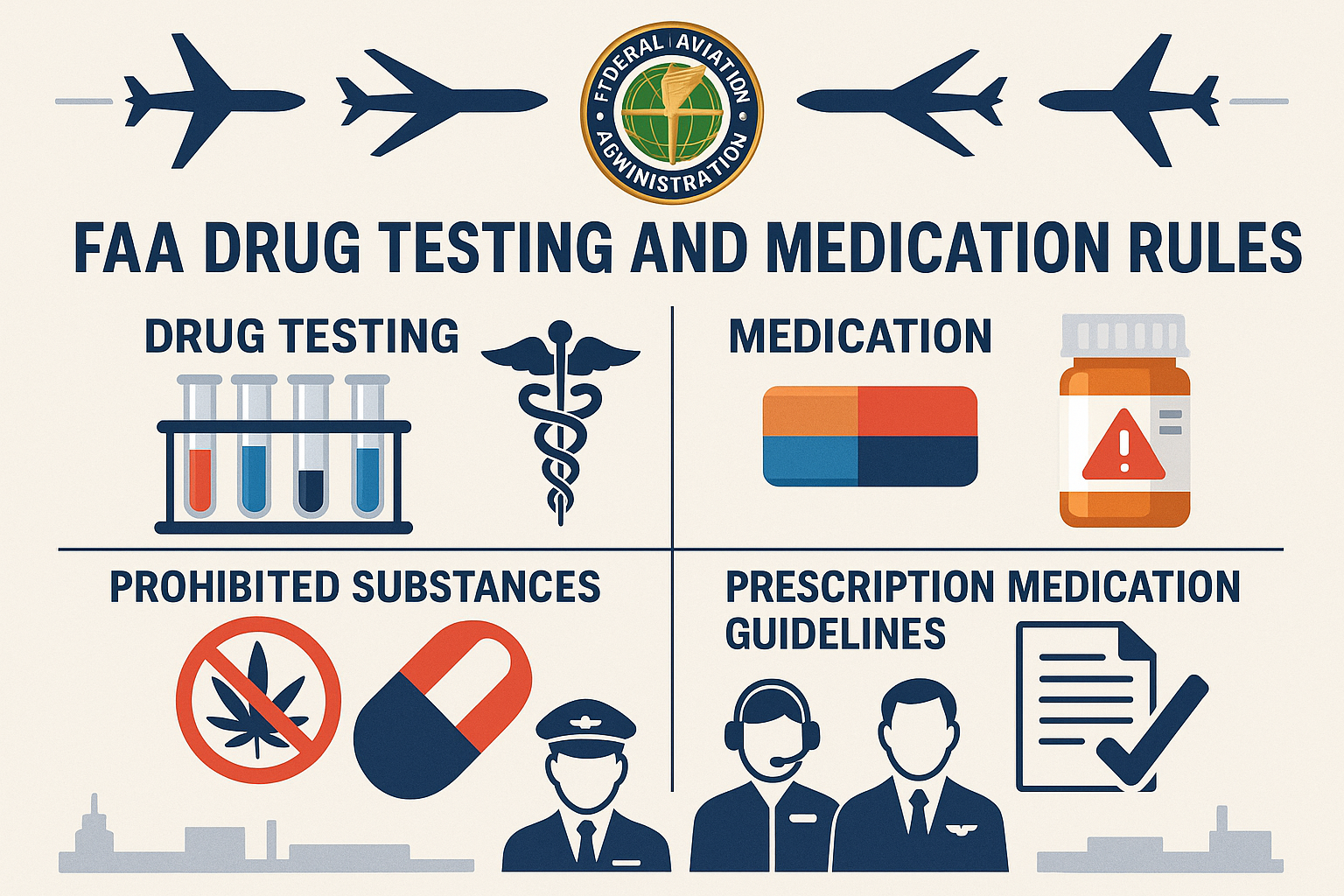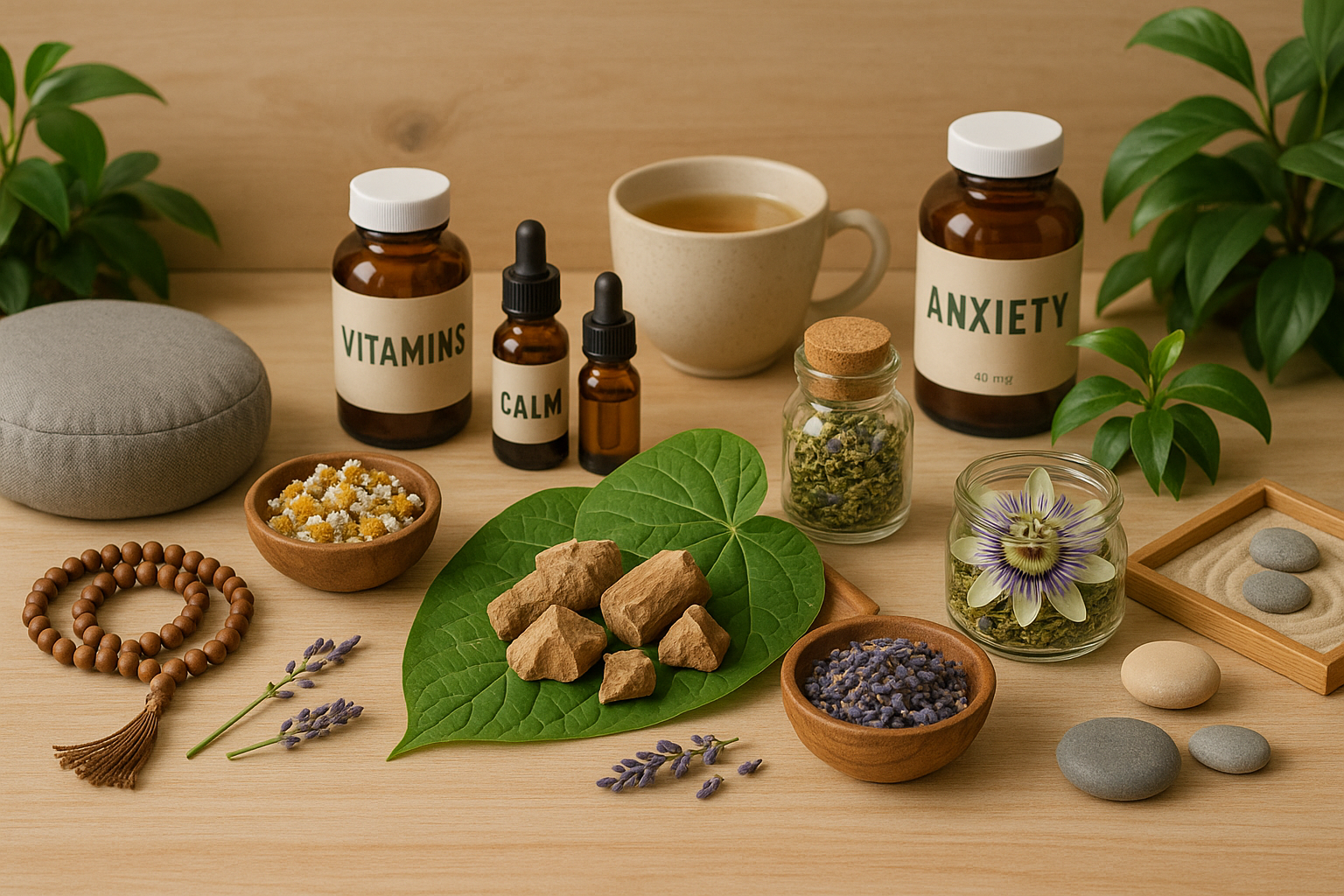Table of Contents
- Introduction
- Key Takeaways
- Kava: The Pacific Island Relaxation Root
- CBD: The Popular Cannabinoid
- Kava vs CBD: A Head-to-Head Comparison
- The Three-Way Match: Kava vs CBD vs Kratom
- Choosing the Right Option for You
- Conclusion
- Frequently Asked Questions (FAQs)
Introduction
In today’s modern world, stress, anxiety, & sleepless nights have become a very common part of life, and due to this, many people are searching for gentler, more natural ways to cope. In this scenario, two names keep coming up in conversations about relaxation and wellness, and those are Kava and CBD. Both have long histories, passionate followings, and claims of promoting calm without the heavy side effects associated with certain medications.
If you want to know what Kava is or what CBD is, then you’re at the right place. Kava is a root from the Pacific Islands. It has been used for centuries in traditional ceremonies in order to promote a relaxed, social atmosphere. On the other hand, CBD, short for cannabidiol, comes from the hemp or cannabis plant and has gained massive global attention in the last decade for its potential to support anxiety relief, better sleep, and overall balance.
The ongoing interest in natural stress relief isn’t limited to these two. Kratom, Ashwagandha, and other plant-based remedies have entered the spotlight as well, each with its benefits and controversies. But when it comes to Kava vs CBD, the debate gets particularly interesting: Which works faster? Which is safer? Which is better for anxiety, relaxation, or overall wellness? And can they be combined for even greater effect?
In this deep dive, we’ll uncover the science, cultural history, and practical uses of both Kava and CBD. We’ll explore deeply how they work, their benefits and risks, and how they compare, not just with each other, but with other natural options like Kratom and Ashwagandha. By the end, you’ll have a clear picture of which one might fit best into your wellness journey.
Key Takeaways
- Kava is a traditional Pacific Island root that is known for promoting calm and sociability; it's consumed as tea, powders, or supplements, but demands liver-health attention.
- CBD (cannabidiol) is a non-intoxicating compound from hemp or cannabis that works through your endocannabinoid system to potentially ease anxiety and support wellness, with its own legal and safety considerations.
- Head-to-head, Kava tends to act faster and more sedatively, while CBD offers milder, longer-lasting relaxation.
- Mixing both may offer synergy but requires caution.
- Kratom and Ashwagandha add additional natural dimensions.
- Choosing the right option depends on your goals, health status, and timing, plus, our Goldenglow Kava Liquid may offer a high-quality, convenient way to embrace Kava.
Kava: The Pacific Island Relaxation Root
Kava, often called the Pacific Island relaxation root, has been cherished for centuries for its natural calming effects. Traditionally brewed into a soothing drink, it brings peace to both mind and body. Today, it’s enjoyed worldwide as a gentle, plant-based way to ease stress and promote relaxation.
What is Kava?
To explain you this I would tell you a story.On the misty shores of the Pacific Islands, some communities had gathered for centuries. They brew Kava from the root of the Piper methysticum plant.
For them, it was a communal ritual, a grounding elixir. So, what is Kava? The simple answer is it’s a traditional herbal remedy known for its calming, sedative effects. It has been used in ceremonies, social bonding, and to melt away tension, and today, you’ll find it served as a tea, a powdered mix, or encapsulated supplements. Each format offers a different pace of effect and experience.
Kava and Liver Health
Now, the question arises, “But what about the liver?” A fair question. Long-term excessive Kava use has been linked to rare but serious liver toxicity. It’s important to compare: Is Kava worse for your liver than alcohol? Generally, a moderate and responsible use of Kava is far less taxing than chronic alcohol consumption. But that doesn’t make it risk-free. Overconsumption, especially with poor preparation, home-made extracts, or mixing with alcohol, can raise safety issues. So, what do experts say? It is better to limit use to a few times per week to avoid heavy or compromised liver function, and choose reputable forms, like our premium Goldenglow Kava Liquid, which contains water-based extracts designed to preserve safety. Drink responsibly, hydrate, and give yourself time between sessions.
CBD: The Popular Cannabinoid
CBD, known as the popular cannabinoid, is widely recognized for its natural wellness benefits. Extracted from hemp, it supports relaxation without the high of THC. Loved globally, it’s used in oils, tinctures, and edibles to promote balance and calm.
What is CBD?
Now let’s shift our focus to: what is CBD? CBD, or cannabidiol, is one of the many compounds found in cannabis plants, especially hemp. Unlike THC, it doesn’t get you “high.” CBD has gained popularity due to its gentle approach to supporting relaxation, homeostasis, and potentially easing anxiety. In terms of legality, most accessible CBD derives from hemp, which is low in THC but rich in cannabidiol.
How CBD Works in the Body
So, now let's talk about what CBD does to you. In short, it interacts with your endocannabinoid system, a network of receptors (CB1, CB2, and others) that help regulate mood, pain, immune response, and more. CBD doesn’t directly activate those receptors; instead, it influences how your body uses its cannabinoids. This helps maintain balance in daily life, which might translate to a gentle easing of anxiety, improved sleep, or subtle calm without sedation
CBD Usage & Safety
If you’re a first-time user of CBD, you might be curious about what to expect. For many, it feels like a gentle wave of calm, for some, it brings a sense of relaxed focus, and sometimes a subtle lifting of tension. The experience can vary widely, which is why it’s best to start with a low dose and see how your body responds.
Despite its popularity, CBD isn’t something that every doctor eagerly recommends. This hesitation often comes down to a mix of factors, like limited long-term clinical studies, regulatory gray areas, inconsistent product quality, and the potential for drug interactions. Many healthcare providers prefer to wait for more research before fully endorsing it.
The good news is that in most places, you don’t need a prescription for hemp-derived CBD containing less than 0.3% THC-though some regions still require medical oversight. However, if workplace drug testing is a concern, then it should be kept in mind that while CBD itself won’t trigger a positive result, trace amounts of THC in some products might. To reduce this risk, try choosing a broad-spectrum or CBD isolate product.
Recently, CBD has gained a loyal following among people managing anxiety, with both personal reports and early studies suggesting it may help ease symptoms. Still, results aren’t guaranteed and can differ from person to person. If we talk safety-wise, CBD is generally well-tolerated, but it does influence liver enzymes (particularly CYP450), which means it can change how certain medications, like blood thinners, sedatives, or some antidepressants, are processed in the body. That’s why it’s important to speak with a medical professional before making CBD part of your routine.
Kava vs CBD: A Head-to-Head Comparison
Kava vs CBD: A head-to-head comparison highlights two natural remedies often chosen for stress relief and relaxation. Kava, the Pacific root, offers a calming, social experience, while CBD provides gentle balance without intoxication.
Kava vs CBD for Anxiety
If the question is “Which one tackles anxiety faster?” Then it is the Kava that is like that friend who shows up with tea and just instantly calms the room. Its effects typically start within 15-30 minutes. CBD, on the other hand, is more like a whisper that grows and reaches its full effect over 30-60 minutes, with a steadier, milder onset. It's less sedating, more subtle, and may last longer, especially if you take a capsule versus a vape.
Is Kava Stronger than CBD?
In terms of potency, indeed, Kava often delivers a deeper, more immediate sense of relaxation. The onset of Kava is quicker, and its effects are noticeably sedative. Whereas CBD’s strength lies in gentle, sustained calm without drowsiness. So if you’re after strong sedation, Kava is the winner; for a more balanced, longer, and less sedating calm, CBD takes the edge.
Can You Mix Kava and CBD?
Ah, synergy. There are some adventurous wellness seekers who ask: Can you take CBD and Kava together? The answer, yes, but cautiously. Combining them may amplify relaxation, but also heighten sedation and could impact coordination. Here, the experts advise is to start with tiny doses of each, in separate sessions first, and avoid alcohol or heavy tasks afterward. If using Goldenglow Kava Liquid, pair with a low-dose CBD oil on a quiet evening, test the waters before going deeper.
The Three-Way Match: Kava vs CBD vs Kratom
The three-way match of Kava vs CBD vs Kratom showcases three powerful botanicals with unique effects. Kava promotes calm and relaxation, CBD supports balance and wellness, while Kratom is often used for energy and pain relief.
Kava vs CBD vs Kratom: A Comparative Overview
| Feature / Category | Kava | CBD | Kratom |
|---|---|---|---|
| Botanical Source | Root of Piper methysticum (South Pacific) | Extract from Cannabis sativa, non-psychoactive | Leaf of Mitragyna speciosa (Southeast Asia) |
| Active Compounds | Kavalactones affecting GABA receptors | Cannabidiol (non-psychoactive) | Alkaloids like mitragynine, 7-hydroxymitragynine (opioid receptors) |
| Typical Effects | Calming, sedative, social ease | Anxiety and stress relief, anti-inflammatory | Stimulant at low dose; sedative/pain relief at high dose |
| Best for... | Relaxation, anxiety relief, and mild sedation states | General anxiety, inflammation, and mood support | Energy, motivation, and pain management |
| Legal Status | Mostly legal (some restrictions due to liver concerns) | Broadly legal where hemp products are allowed | Highly variable; legal in some places, banned in others |
| Addictive Potential | Mild; low risk of dependency | Low; non-addictive | Moderate–high; opioid-like dependency possible |
| Primary Health Risks | Liver toxicity (at high doses or combined use) | Possible drug interactions; quality inconsistency | Addiction, withdrawal, regulatory scrutiny, and potential organ strain |
| Traditional Use | Ceremonial, social, stress relief | Traditional medicine evolving into modern therapeutic use | Labor aid, energy, and pain relief among Southeast Asian farmers |
Kratom vs CBD vs Kava
Now, let’s enter Kratom in this wellness game. It is another botanical on center stage that is used traditionally in Southeast Asia. Kratom at low doses is stimulating; at higher doses, sedating. Its legality varies because it may carry risks of dependence and withdrawal. In contrast, CBD is low risk, mild, and legal in many areas; Kava, on the other hand, provides deep calm but demands liver awareness. For pain relief, Kratom may outperform both but comes with more risk. If we discuss mood and relaxation? Kava provides social sedation, CBD delivers subtle ease, and Kratom depends on dose; make your choice based on both effect and safety.
Relaxation Rumble: Ashwagandha vs CBD vs Kava
Now, let’s shine some light on Ashwagandha, the gentle adaptogen from Ayurveda that helps your body adjust to stress over time. Unlike Kava or CBD, Ashwagandha isn’t sedative; rather, it builds resilience. You can think of them as a dream team: Ashwagandha for daily foundation, CBD for midday ease, and Kava for evening wind-down. Some people stack morning Ashwagandha, afternoon CBD, and occasional Kava, but synergy should be tested carefully with low doses and professional guidance.
Choosing the Right Option for You
So, how do you actually decide between Kava and CBD? Let’s walk through it together.
When Kava makes the most sense:
If you’re looking for that quick, deep wave of relaxation, something to help you unwind after a long day or make an evening with friends feel more laid-back, Kava could be your go-to. Our Goldenglow Kava Liquid is an easy, consistent option: water-based, responsibly sourced, and crafted to capture that smooth, island-style calm without the hassle of traditional brewing.
When CBD might be the better choice:
If you want relaxation that’s gentle and won’t make you drowsy, CBD is a safer bet. It’s great for daytime anxiety relief, winding down before bed, or just adding a touch of balance to your daily routine.
When to steer clear of both:
If you’ve got liver issues, are on certain medications (especially blood thinners or sedatives), or you’re pregnant or nursing, these natural remedies may not be the right fit. Even though they’re plant-based, they can still affect your body in big ways, so it’s best to check in with your healthcare provider first.
When you might combine them safely:
Some people like to build a wellness “stack.” You could start your day with Ashwagandha to build resilience, enjoy a little CBD mid-day for steady calm, and then sip on Goldenglow Kava Liquid in the evening to fully unwind. Just remember, start with low doses, see how your body reacts, and always get the green light from a medical professional before mixing remedies.
Conclusion
So here we are towards the conclusion, having journeyed through Kava vs CBD, and even met Kratom and Ashwagandha along the way. What we have seen so far is that Kava offers fast, potent relaxation with a cultural legacy; CBD provides subtle, longer-lasting calm via the endocannabinoid system; while Kratom yields dose-dependent effects with a higher risk; and Ashwagandha builds stress resilience naturally.
In your wellness toolkit, you can include one or even a mindful blend, depending on your goals, timing, and health. If you want instant wind-down, then Goldenglow Kava Liquid can be the best choice. If you are looking for gentle, versatile relief, then CBD is the one for you. Whatever you choose, just always practice safe use, stay informed, and listen to your body.
Frequently Asked Questions (FAQs)
What is kava root good for?
Think of kava as nature’s “chill-out” drink. Traditionally used in Pacific Island ceremonies, it’s known for melting away tension, calming the mind, and making social interactions feel more relaxed.
Is it okay to drink kava every day?
A little kava now and then can be a lovely ritual, but every day might not be the best idea, especially for your liver. Many experts recommend saving it for a few times a week to enjoy the benefits without overdoing it.
What’s the trade-off? Are the benefits worth the risks?
For most healthy adults, moderate kava use can bring a deep sense of calm and help with anxiety or stress. The risk mainly comes from heavy or frequent use, which can put strain on your liver. Moderation and quality matter here.
Can kava actually help me focus?
Not really. Kava is more about slowing down than sharpening up. If you need laser focus for work or study, it might make you a bit too mellow.
Is kava tea as effective as the traditional brew?
Traditional fresh-root kava tends to have the strongest effects, but kava tea bags or liquid extracts can still work, especially if they’re high quality. Our Goldenglow Kava Liquid is designed to deliver a consistent, smooth experience without the hassle of brewing.
Could CBD replace my antidepressants?
CBD can support mood and help with anxiety for some people, but it’s not a substitute for prescribed antidepressants. If you’re thinking about making changes to your medication, always do it under a doctor’s guidance.
Will kava make me feel high?
Nope, kava won’t make you high like cannabis or drunk like alcohol. It’s more of a heavy-limbed, peaceful relaxation, especially at higher doses.
Is CBD addictive?
CBD isn’t addictive. Most people can take it regularly without building dependence, but always buy from reputable brands so you’re getting pure CBD.
What’s the safest natural relaxant?
That depends on you. For most, CBD and Ashwagandha are gentle and low-risk. Kava is safe in moderation, but you need to be mindful of liver health. The key is to choose high-quality products, start low, and listen to your body.







Leave a comment
All comments are moderated before being published.
This site is protected by hCaptcha and the hCaptcha Privacy Policy and Terms of Service apply.